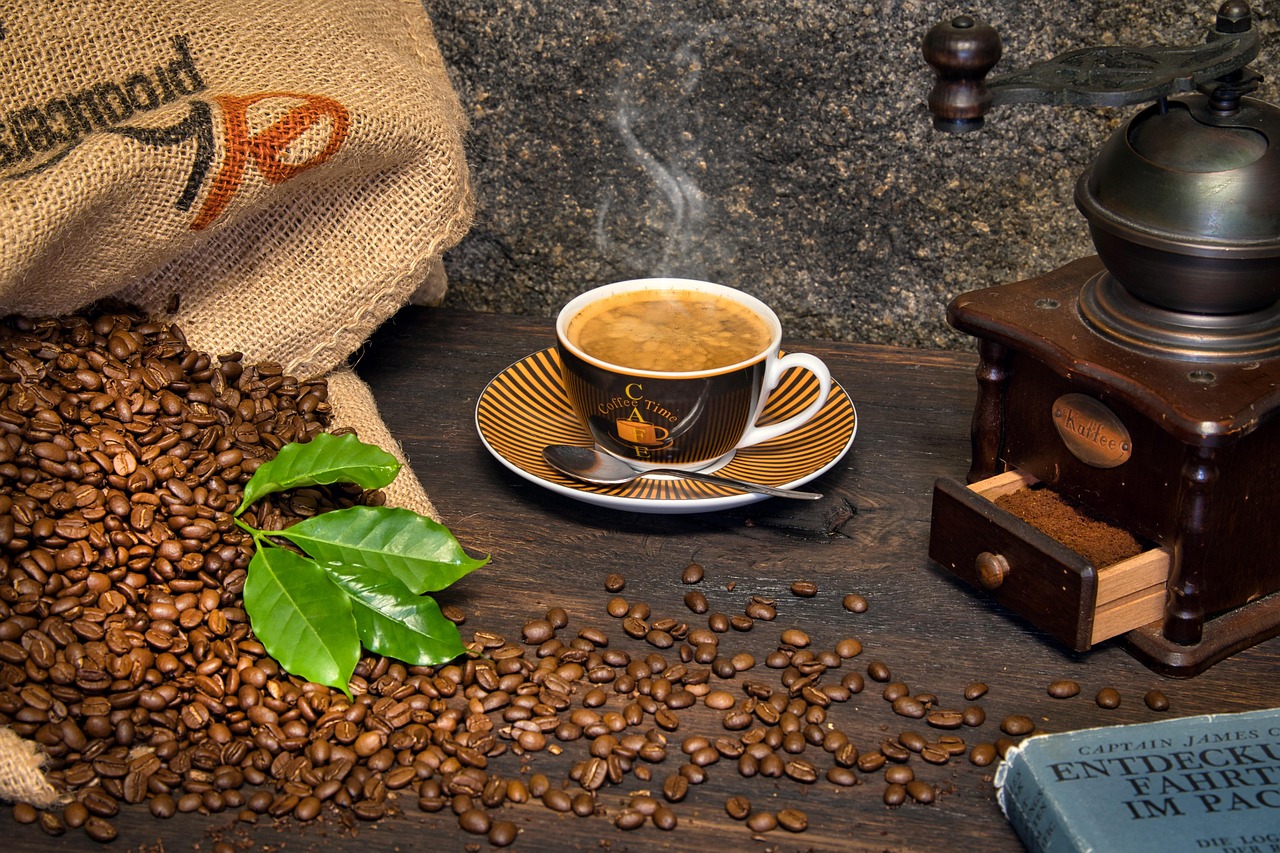
Chemistry in a coffee cup: does coffee waste contain key elements for plant growth?
Circle of life: explore sustainability, the circular economy, and chemical analysis by evaluating coffee waste as a potential soil enhancer.

Article of the week
Energy, in all its forms, is an integral part of human life. Due to rapid development, the demand for energy has risen sharply, leading to excessive use of fossil fuels. These materials have limited reserves, and their combustion has harmful effects on the Earth and, by extension, on humans. As a…
Read more
Circle of life: explore sustainability, the circular economy, and chemical analysis by evaluating coffee waste as a potential soil enhancer.
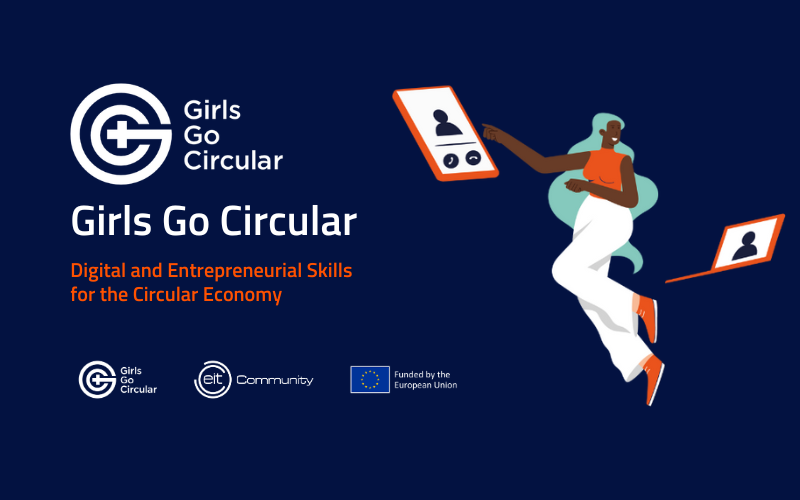
Ready to bring circular economy concepts to your classroom and teach your students hands-on STEM and digital skills? Explore Girls Go Circular!
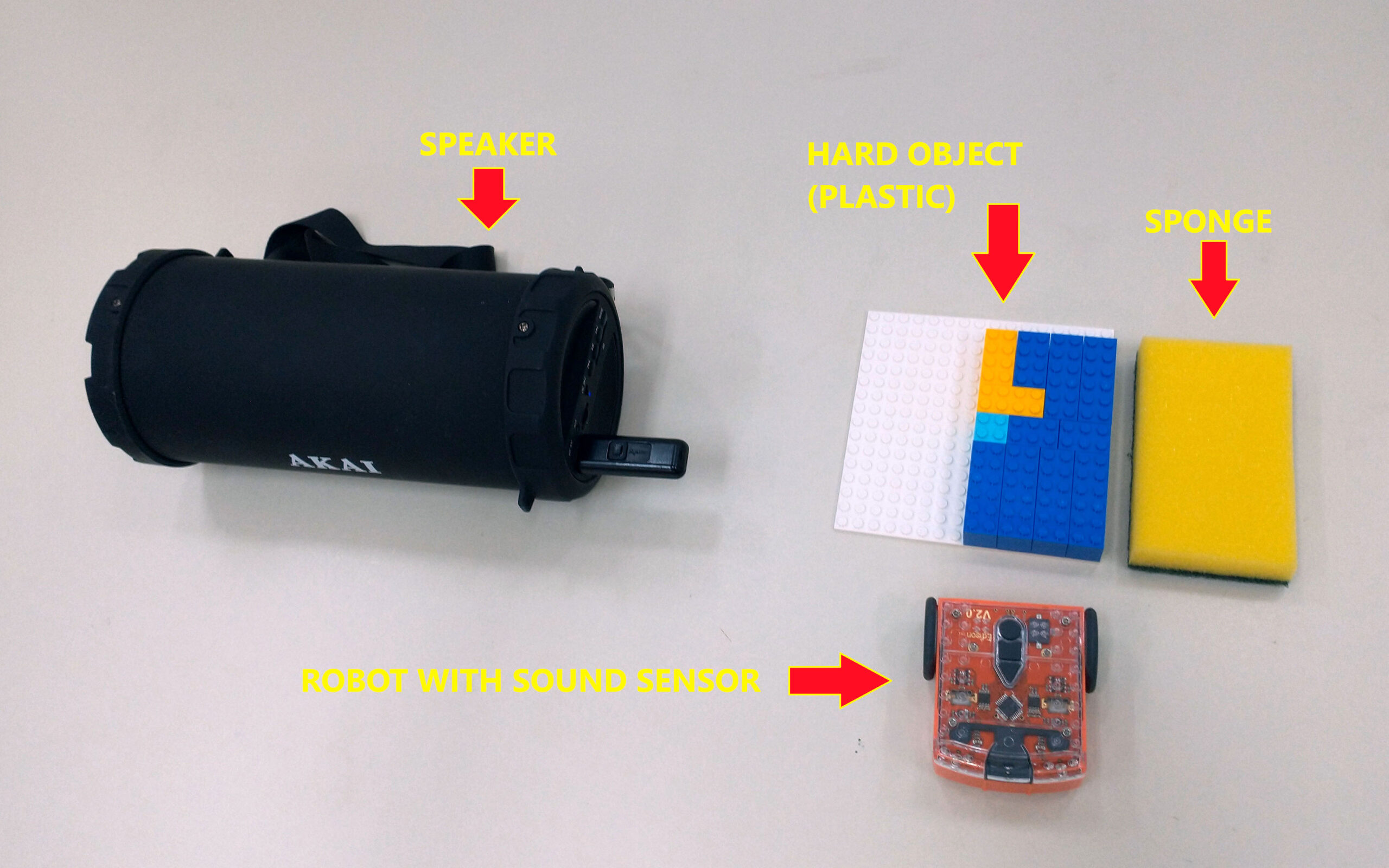
Sounds good: try some simple activities that use robots to explore the basic properties of sound waves – reflection, absorption, and propagation.
We cover a wide range of scientific topics and many articles are additionally available as translations in different European languages.

Explore cutting-edge science and real-world applications.
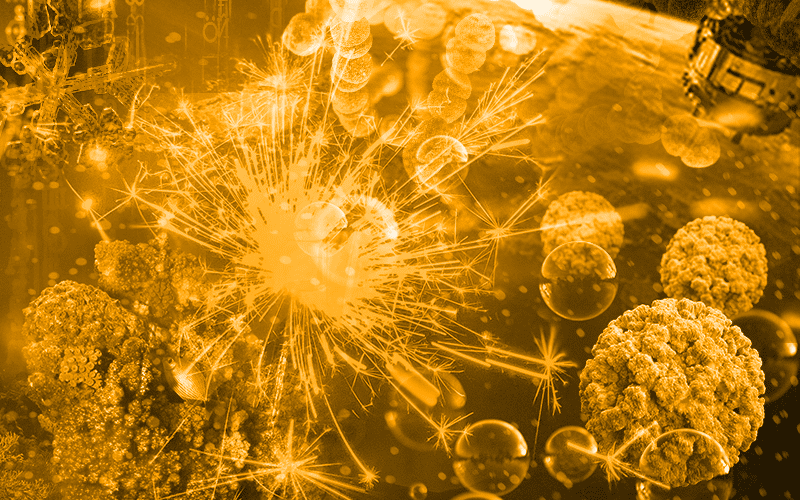
Discover projects, people, and resources.

Find ideas and teaching materials for classroom activities.
Articles from previous issues

A pressure wave generated by the explosion of a volcano 18 000 km away was detected as an unexpected windfall of a school ambient air monitoring…
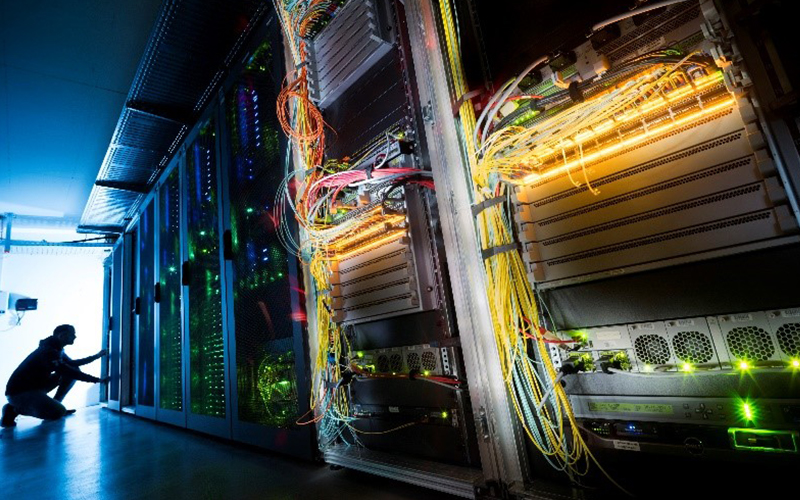
When you snap a selfie or film a video for social media, where does that information go? Find out how magnetic ‘storms’ could help us achieve better, faster data storage.
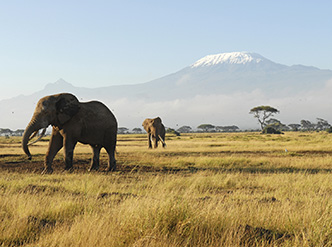
We know that particular genetic sequences can help us to survive in our environment – this is the basis of evolution. But demonstrating which…
Discover free events and activities offered by the EIROforum members and other non-profit groups.
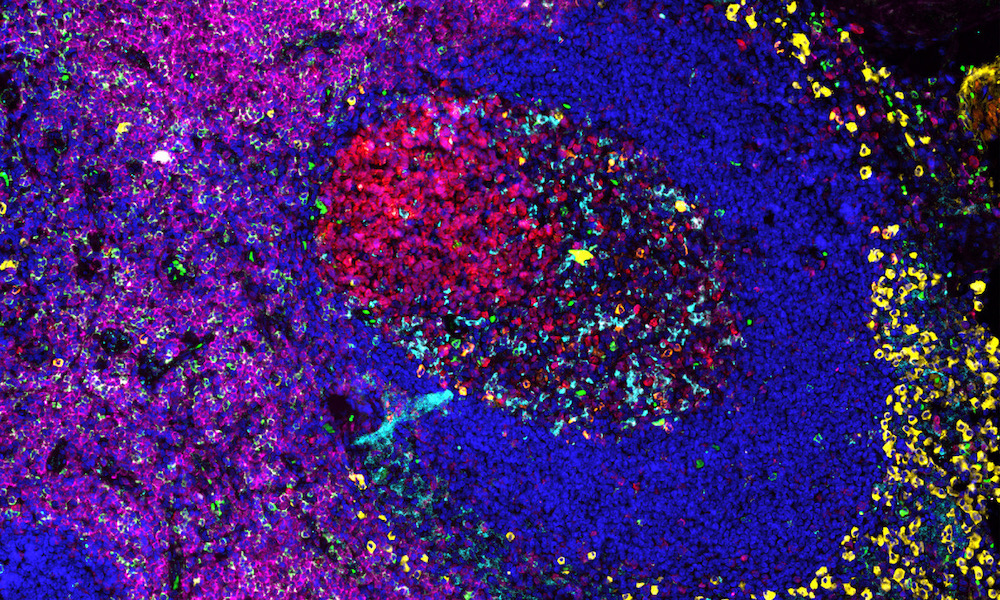
EMBL invites teachers to join this free virtual course for an overview of cell biology and omics, and inspiration for teaching the topic in the classroom. It runs from 29 Sept to 12 Oct 2025 and offers a mix of live sessions and self-paced materials
Do you have an engaging classroom activity to share with other teachers? Is there an interesting scientific topic that you could explain to STEM teachers and their students? We welcome submissions from teachers and scientists.
Would you like to help ensure that our content is interesting, inspiring and useful to STEM teachers? Consider joining the Science in School teacher reviewer panel. There is no obligation; just send us an email to express your interest.
If you find an article interesting or useful, perhaps you'd consider translating it into your native language? This really helps to increase the reach of our content so that as many teachers as possible can benefit from it.